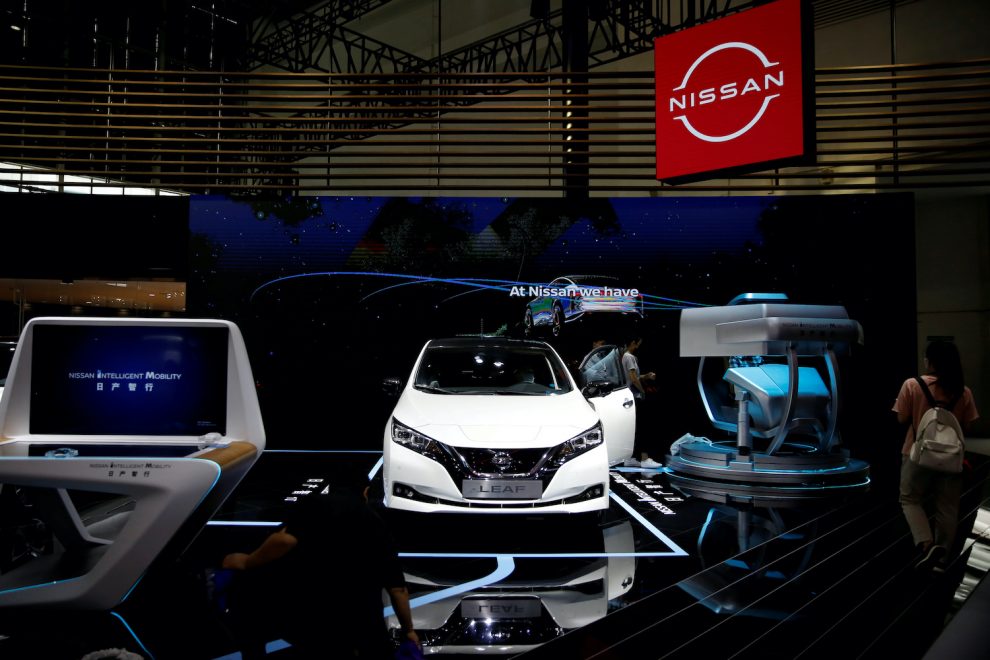Aussies love their cars, but the Morrison government’s lethargic response to electric vehicles has dismayed some automakers, who say the lack of incentives to shift to EVs could see the country ‘miss out’ on new technology transforming the auto sector across the rest of the world
(AF) As Australia tries to go green in its auto sector, legacy automaker Nissan sees the country “missing out” on newer, cheaper electric vehicle (EV) models in favour of countries that offer better incentives to motorists. As such, this missed opportunity could be pushing the country further behind the international market.
Nissan Australia national manager for electrification Ben Warren said on Monday that Nissan’s best EV models aren’t making their way into the country of some 26 million people.
“When you can only make so many cars, you have to prioritize where you send them,” Warren said in remarks carried by a number of Australian media outlets. “Naturally, the markets that have the more progressive policies and objectives and targets, are the markets that get prioritized over markets like ours.”
Australia’s auto ownership per capita ranks sixth in the world. There were 769 vehicles in Australia per 1,000 residents in 2019, according to Statista.
The number of vehicles in relation to overall population in the country has been increasing markedly since 1990. However, the total stock of EVs in Australia was only around 21,000 as of 2020. Some 6,718 of these models were sold in 2019 alone, with the other sales occurring since 2011.
Smallest state leads the way
While there seems to be a range of obstacles in the sector leading to higher EV retail costs, the main problem stems from the lack of clear Australian government incentives for the sector, while most other OECD member states are taking the lead. The Morrison government in Canberra seems reluctant to let go of coal, let alone look to the future or revitalizing the car industry. However, state governments seem to be trying at least to rectify part of the problem.
The Australian Capital Territory (ACT) government last week offered residents in Canberra who buy an electric vehicle, two years’ free registration under a plan to get more zero-emission autos on the road. Free registration is now available to Canberrans who buy a new or second-hand zero-emissions vehicle until mid-2024. Vehicles that have been converted to electric, with certification, will also qualify, with incentives up to A$1,200.
“We are the most EV supportive city in Australia and I think this new initiative will further accelerate the take up of these zero-emission vehicles,” ACT Chief Minister Andrew Barr said.
However, these kinds of incentives need to be nationwide to spur EV growth across the country.
ACT Minister for Energy and Emissions Reduction Shane Rattenbury, for his part, said last week that EVs were simply the “future of motoring,” adding that more action was still needed from the Federal government to encourage EV uptake.
“The federal government could play an enormous role but so far they have in fact almost actively discouraged people from taking up electric vehicles.” He urged his federal and state counterparts to follow the ACT’s lead and transition their public vehicle fleets.
To be fair, the Morrison government, like many around the world, has been kept busy with the fluctuations of the Covid pandemic (and its slow vaccine rollout). But that hasn’t stopped others from pushing ahead in the country’s EV sector.
Call to arms
TrueGreen Mobility, a subsidiary of True Green, a clean tech investment group, said on Monday that it will be offering three new EV models in Australia by year’s end, all under A$35,000 (excluding on-road costs).
Company CEO Luke Todd called upon EV makers to meet Australia’s “significant pent-up demand” for affordable EVs, rather than waiting for the government to eventually incentivize it.
“I’m growing a bit tired of automotive CEOs saying they’re not sending their vehicles to Australia because there are no subsidies,” he told The Driven. “You shouldn’t need a subsidy. If the car’s good enough and it’s at the right price, it’ll sell itself. It’s a bit of a call to arms.”
He added that TrueGreen anticipated deliveries in the “tens of thousands” in the first few months due to “significant pent-up demand” for more competitive EVs in Australia.
ALSO SEE:
Transactions spark as corporate China embraces EV ventures
Rise of EVs spells the end of the oil era
























